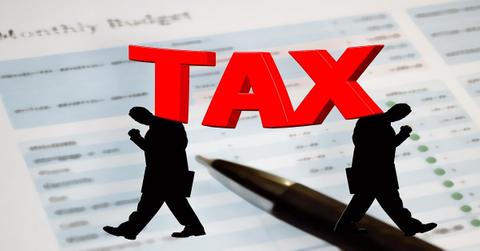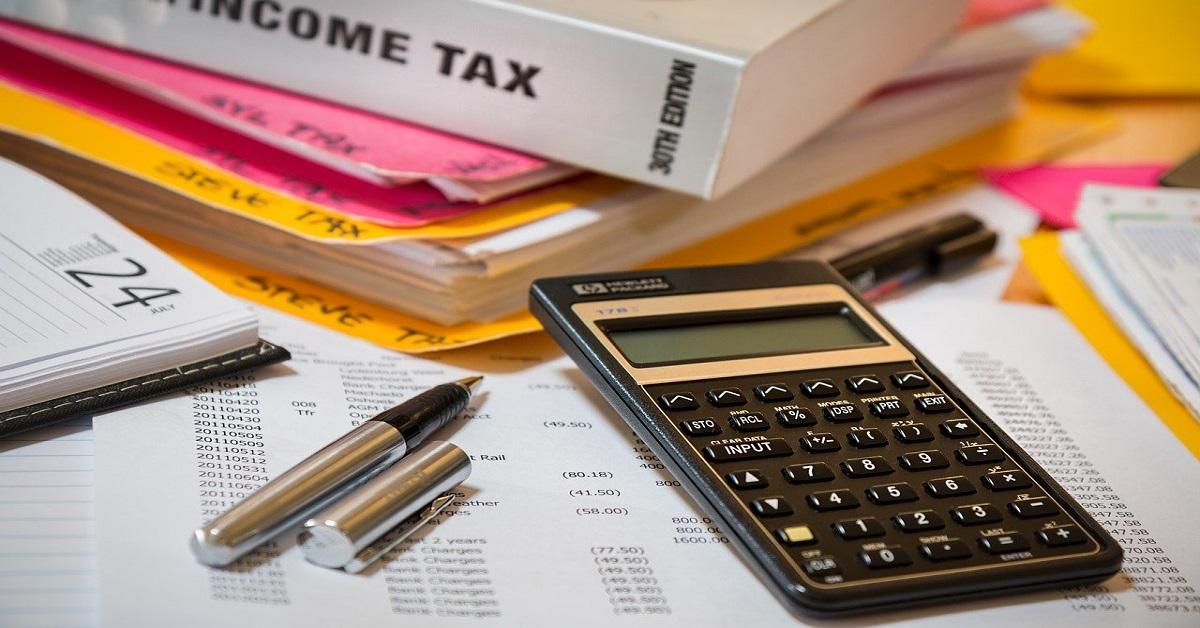Do I Have to Pay Taxes on Unsold Shares?
Many investors wonder whether they have to pay taxes on their unsold shares. We’ll discuss this question in detail in this article.
Aug. 5 2020, Updated 7:28 a.m. ET
In 1789, Benjamin Franklin wrote, “In this world, nothing can be said to be certain, except death and taxes.” Governments tax citizens on their income. When it comes to shares, income can be either in the form of dividends or capital gains. Do you have to pay taxes on your unsold shares?
Let's first familiarize ourselves with a few terms:
- Dividends – The distributions that a company makes from its earnings to eligible shareholders.
- Capital gains and losses – The difference between the stock’s buying and selling prices.
- RSU (restricted stock unit) – Stock grants that companies make as an alternative form of employee compensation.
- Vesting – The right to earn a benefit in the future.
- S corporation – Small, closely held corporations.
- Pass-through entity – Entities that don't pay corporate taxes, where the income flows to the owners and is taxable in their hands.
Capital gains tax
Since capital gains are the difference between a stock’s buying and selling prices, you don’t have to pay any capital gains tax unless you actually sell the stock. For instance, say you brought Tesla stock during its IPO a decade back and you're still holding it. Even though the stock has risen more than 4,000 percent in the last decade, you don’t owe anything to the taxman. The same holds true for Amazon. However, the case is different with Apple. If you bought the stock in 1980 and have held it until now, you might have paid taxes all this time, even if you didn't sell the stock.
Dividend taxation
Dividends are paid to all eligible shareholders, and you have to pay taxes on dividends even if you don't sell the stock. The tax treatment of dividends depends on whether the dividends are qualified or unqualified. Also, tax rates vary based on your total dividends. Therefore, in the Apple example, the company has been paying dividends since 2012, so investors holding the stock since then might have had to pay taxes on dividends even if they didn't sell.
RSUs are another instrument where you have to pay taxes even if you don’t sell the stock. With RSUs, you pay taxes when you vest the stock (or, in other terms, receive the stock). As shares are compensation from the company, you pay taxes when you receive the stocks. According to Schwab, “With RSUs, you are taxed when you receive the shares. Your taxable income is the market value of the shares at vesting.”
Also, if you own shares in an S corporation or pass-through entity, you're liable to pay taxes. You get a share of profit in these corporations, and the applicable taxes apply. However, publicly traded companies are not structured as pass-through entities, and they pay taxes at the corporate level.


